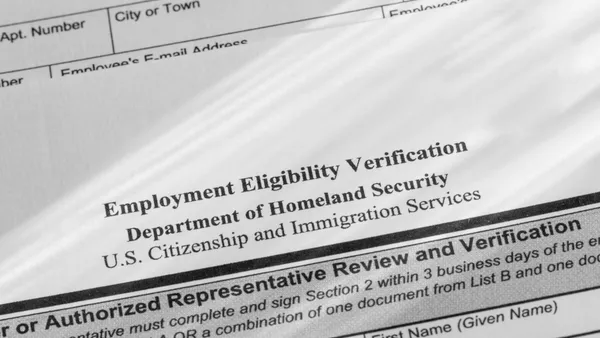Dive Brief:
- California is banning “junk fees,” the hidden charges that make rates on hotel rooms and other items appear lower than they actually are, according to the Office of Governor Gavin Newsom.
- The bill, which will go into effect on July 1, 2024, forbids “offering a price for a good or service that does not include all mandatory fees or charges other than taxes or fees imposed by a government on the transaction.”
- Governmental bodies across the U.S. have increasingly taken aim at junk fees in recent months, with even President Biden vowing to eliminate the practice. California officials, however, say this legislation is now the nation’s strongest against hidden charges.
Dive Insight:
America’s newest anti-junk fee legislation, California Senate Bill 478, takes aim at “drip pricing,” a term for when companies only advertise a portion of what a consumer would eventually pay for their goods or services.
The act was introduced by State Senators Nancy Skinner and Bill Dodd, and signed over the weekend by Gov. Newsom.
“Today, California is eliminating hidden fees,” said California Attorney General Rob Bonta in a statement upon the bill’s signing. “These deceptive fees prevent us from knowing how much we will be charged at the outset. They are bad for consumers and bad for competition. They cost Americans tens of billions of dollars each year. They hit families who are just trying to make ends meet the hardest.”
With the bill’s approval, Bonta added, “California now has the most effective piece of legislation in the nation to tackle this problem.”
U.S. government officials have been speaking out against the practice for months. On Wednesday, Biden announced plans to crack down on junk fees with the Consumer Financial Protection Bureau. CFPB has said U.S. consumers pay $29 billion in “excessive charges” annually, according to CBS News.
Biden’s administration took aim at banks’ junk fees in October of last year. He called out hotel junk fees specifically in his 2023 State of the Union address.
In July, Senators Amy Klobuchar and Jerry Moran introduced the bipartisan Hotel Fees Transparency Act, which would require hotels and short-term rental operators to clearly show the final price of any rooms they advertise.
Some hotel companies, like Marriott International, have already agreed to offer more transparent pricing on their websites and apps. Marriott switched its rate advertising practices after netting a $225,000 fine from Pennsylvania’s Attorney General for not complying with the state’s request to inform consumers of “hidden” fees.
Correction: A previous version of this article stated that U.S. consumers pay $29 million in “excessive charges” annually. The correct number is $29 billion.











